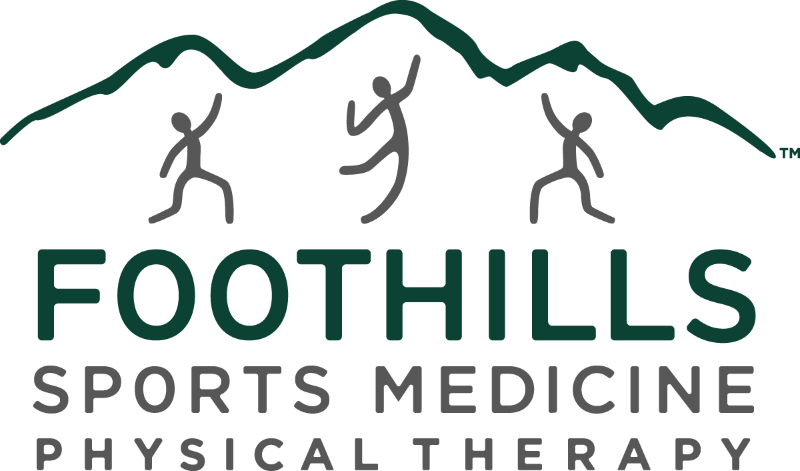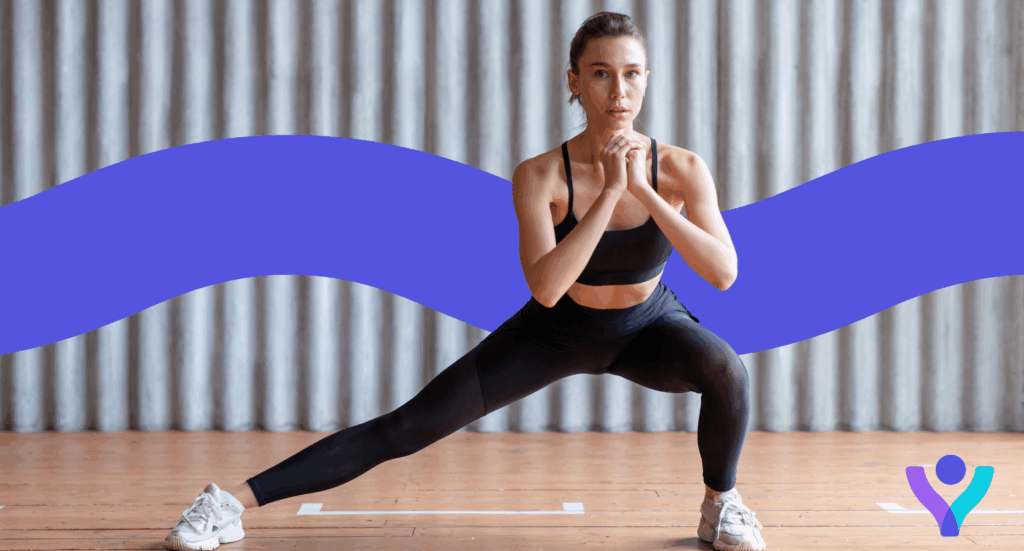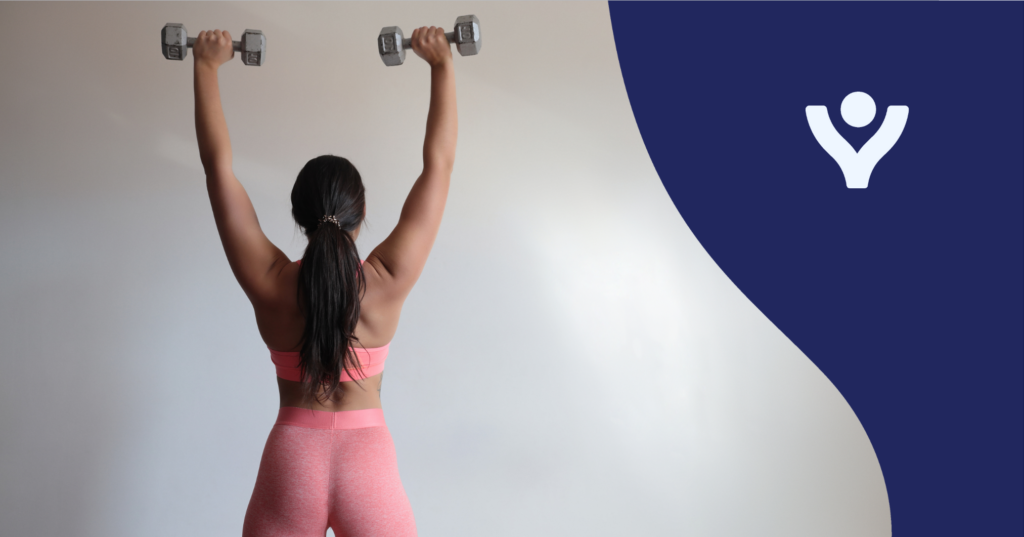Running is arguably the oldest sport known to man. Before we rode horses or drove cars, running was used to transport messages over considerable distances. Everyone runs at some point in their life – it just comes naturally! After we learn to walk, we learn to run. Because it comes so inherently, we often don’t realize the importance of proper strength training and finding a physical therapist before an injury in order to be a successful runner.
Unfortunately, running typically comes with injury. There are several types of injuries that are common for runners, such as shin splints, plantar fasciitis, illotibial band syndrome (ITB), bursitis, etc. often sidelining running athletes. While these injuries are treatable, many of them are also very preventable. Proper strength training of the core muscles ‑ abdominals, obliques, low-back muscles, and gluteal muscles ‑ can help provide a strong foundation in order to stabilize the hip, knee, and ankle joints which are essential for running. When you find a physical therapist, they can walk you through a comprehensive training program to address muscle strength deficits.
A key component to understanding how to train these muscles is to consider the type of running you are interested in.. For example, distance runners will want to train the aerobic, slow-twitch muscle fibers while sprinters will want to train the anaerobic, fast-twitch fibers. Training these muscles will help to prevent injury as well as improve overall performance. When you visit with a physical therapist, they will ask you questions to determine the right training plan for you.
There’s a lot of information out there in regard to exercising and staying fit. However, understanding proper body mechanics, how muscles work, and the type of fibers that are especially important for your type of running will help you to determine a successful strength-training plan. If you are having pain while running or can’t seem to “get over the hump”, chances are you need some guidance on your strength training.
As physical therapists, we undergo extensive training and studying to be regarded as musculoskeletal specialists. Nobody understands biomechanics and the musculoskeletal system better than we do. If you’re hitting the wall with your training and want to find a physical therapist, reach out to us and schedule an appointment. We have multiple locations in the Valley and we would love to help.
Why Training Before You Run Is Crucial




